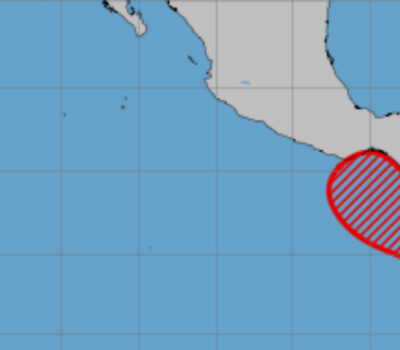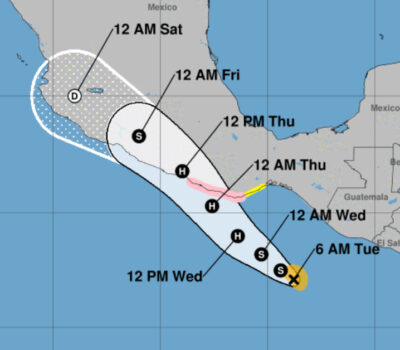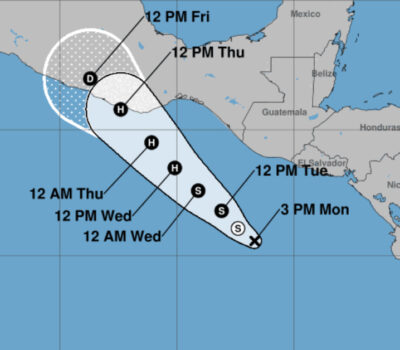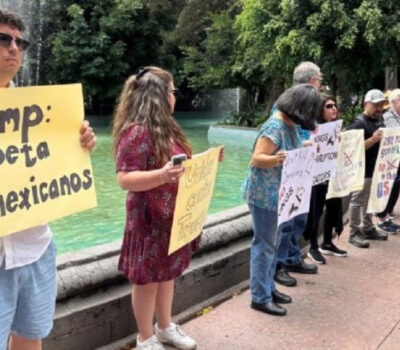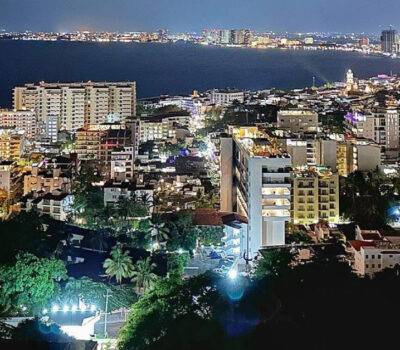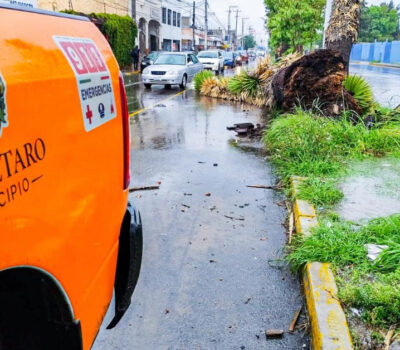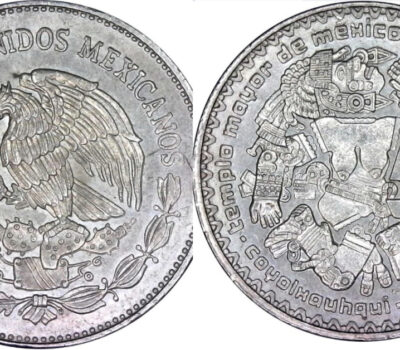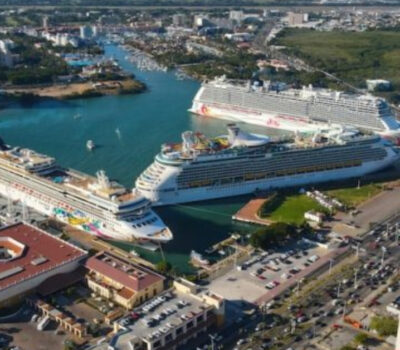Puerto Vallarta (PVDN) – Moving to a foreign country can be a transformative experience, and Mexico has been my chosen home since 2010. As an expat, I have faced various challenges that are often shared by individuals living abroad. While my personal circumstances have shaped my journey in Mexico, there are valuable lessons I’ve learned that can apply to many expatriates worldwide. In this article, I will share my insights and experiences to help others navigate the expat life in Mexico.
Choose Your Ideal Location: When deciding where to settle in Mexico, it’s crucial to research and explore different options. Personally, I moved to Puerto Vallarta based on specific criteria: a gay-friendly environment and a place popular among expats, which facilitated English communication. However, I later realized that limiting myself to one location was a mistake. After spending six wonderful years in Puerto Vallarta, circumstances led me to explore other parts of Mexico. This opened up a world of opportunities and perspectives. I now split my time between Mexico City and Puerto Vallarta, finding the best of both worlds. The key takeaway is to venture beyond your initial choice and consider various places before making a decision.
Embrace the Language: One of the most important lessons I’ve learned is the significance of learning the local language. Although I initially arrived in Mexico without speaking Spanish, I intended to immerse myself in the language. However, I discovered that English was commonly spoken in Puerto Vallarta, making it easy to rely on English rather than learning Spanish. It wasn’t until I moved to Oaxaca that I truly began to grasp the language. Immersing myself outside expat communities and interacting in Spanish on a daily basis was a transformative experience. It opened doors to new friendships, enhanced my daily life, and allowed me to integrate better into Mexican society. Learning Spanish is vital if you want to truly experience Mexico beyond just living there.
Prepare for Medical Emergencies: As we age, health becomes an important consideration. Mexico offers social medicine systems like IMSS, which foreigners can join at a low cost. However, it’s essential to be aware that preexisting conditions may prevent enrollment. I realized this firsthand when my mother, who had preexisting health issues, couldn’t join the Mexican health system. To ensure coverage, I opted for IMSS as a safety net, even though I haven’t required it yet. Additionally, private insurance is available but may be costly, especially for retirees on a limited budget. It’s crucial to have a long-term plan in place to address potential healthcare needs and emergencies. Healthcare out of pocket for standard care is affordable, but consider what will happen if a medical emergency arrives. In Mexico, there is no option to arrive at the hospital without insurance or cash, they will refuse care.
Consider Family Ties: Strong family connections can significantly impact one’s decision to live abroad. Many expats find that missing their families becomes a significant reason for returning to their home country. Family emergencies or the desire to be present for important milestones can intensify this longing. While I didn’t have strong family bonds myself, it’s crucial for individuals with close family ties to carefully consider how they will cope with being far away. Financial resources and personal circumstances will greatly influence the decision-making process. Some people have the money and health to return home several times a year, others don’t.
Embrace Adaptability: Living in Mexico, like any foreign country, requires adaptability. Mexico has its unique quirks and cultural differences, which may initially seem unusual or challenging. However, embracing change and being open to new experiences is key to truly enjoying the country. Rather than constantly comparing things to how they’re done in your home country, it’s essential to accept and appreciate the local way of life. Adapting to the Mexican lifestyle will enhance your overall experience as an expat. Spending too much time comparing your new home to your old home can really put you in a negative place and allow you to question your choice. It’s not worth it, every place has pros and cons, keep focused on the pros. Trust me, there are plenty of cons if you choose to focus on those.
Maintain a Mailing Address in Your Home Country: Surprisingly, even while living in Mexico, having a mailing address in your home country can be highly beneficial. Many services, banks, and government agencies often require a U.S. address for shipping items, receiving important documents, or dealing with social security and other government-related matters. Although I initially underestimated the need for a U.S. address, I soon realized its importance. Fortunately, services like PostScan Mail, or other virtual addresses, provide reliable mail forwarding options, allowing me to receive packages, tax documents, and other important mail hassle-free.
Banking Considerations for Expats: Banking in Mexico can be a mixed experience for expatriates. The immigration process has evolved, and now it’s necessary to apply for a visa at the Mexican consulate in your home country before moving to Mexico. This change may affect the ease of opening a bank account upon arrival. While I managed to open an account with HSBC using my previous visa, my mother, who arrived after the immigration laws had changed, faced difficulties opening an account as a temporary resident. My personal opinion is not to open a bank account in Mexico if you can get away with that. HSBC stole a lot of money from me, so I finally closed my Mexico account and have lived without any issues for 10 years without a bank in Mexico. They aren’t reliable.
Based on my personal experience and the issues I encountered with traditional banks, I now favor digital currency and online banking. I rely on platforms like Wise (wise.com) to have a prepaid Visa card linked to a U.S. bank account, allowing me to make international payments and transactions. I also use PayPal a lot and have a PayPal debit card. However, it’s important to assess your banking needs and preferences before making a decision, as options may vary. I will warn you that some online shopping and services will not accept foreign-issued credit or debit cards. It’s rare, but it can be problematic.
Conclusion: Living as an expat in Mexico has been an incredible journey for me. The lessons I’ve learned along the way have shaped my experience and provided valuable insights for others considering a similar path. By carefully choosing the right location, embracing the local language and culture, planning for healthcare needs, considering family ties, remaining adaptable, and maintaining a mailing address in your home country, you can enhance your expat experience in Mexico.
Remember, each individual’s circumstances are unique, so it’s essential to assess your own needs, resources, and priorities when embarking on this adventure.
Ian Hayden Parker is the Creator and Owner of PVDN
Puerto Vallarta (PVDN) - Moving to a foreign country can be a transformative experience, and Mexico has been my chosen home since 2010. As an expat, I have faced various challenges that are often shared by individuals living abroad. While my personal circumstances have shaped my journey in Mexico, there are valuable lessons I've learned that can apply to many expatriates worldwide. In this article, I will share my insights and experiences to help others navigate the expat life in Mexico.


